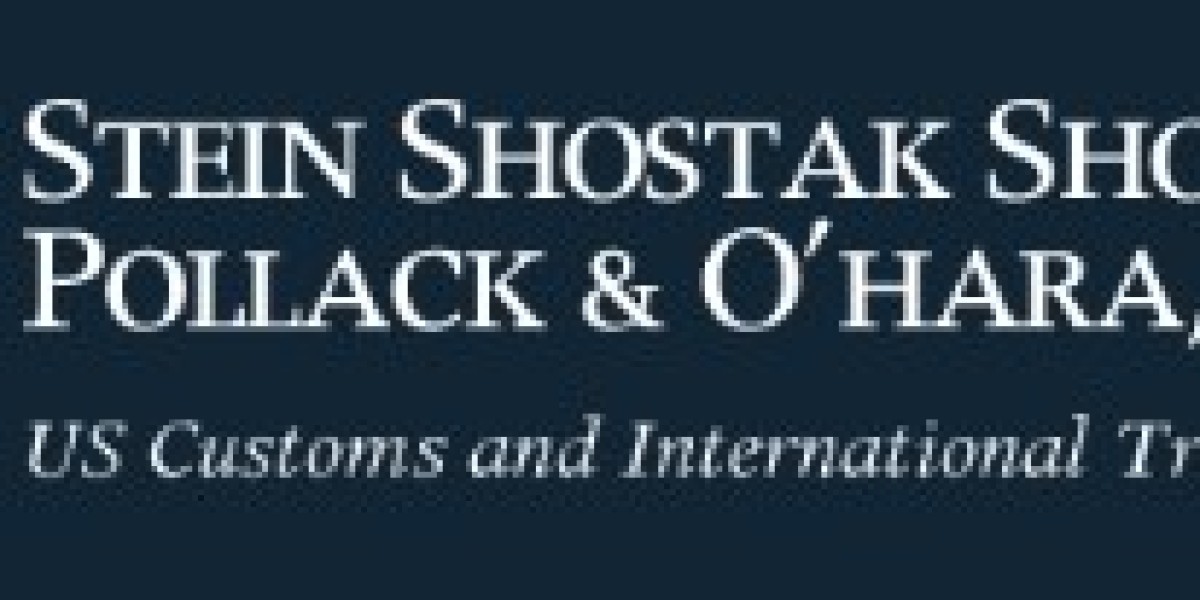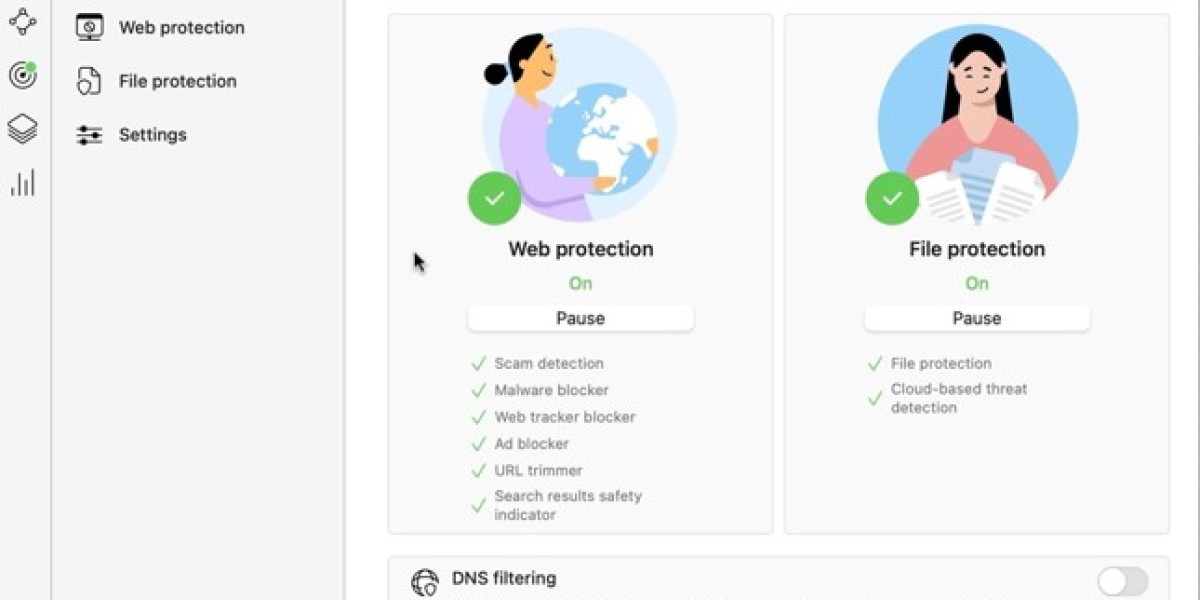Introduction: The Risks of International Trade Without Legal Guidance
Importing and exporting offer incredible growth potential, but they also come with significant legal responsibilities. From tariff changes to customs regulations, companies must stay vigilant or face serious consequences. Working with specialized customs lawyers and a qualified tariff attorney ensures that every step of the trade process is legally compliant and financially beneficial.
Understanding the Regulatory Environment
The regulatory framework surrounding global trade is extensive. It includes international agreements, domestic regulations, tariff schedules, import restrictions, and agency-specific rules. Without professional guidance, businesses often struggle to interpret these complex regulations correctly.
Customs lawyers focus on matters such as:
Import documentation
Entry filings
Customs audits
Penalty mitigation
Enforcement defense
A tariff attorney focuses on understanding and applying tariff laws that affect duty rates and product classifications.
The Critical Role of Tariff Attorneys in Cost Control
One of the most immediate benefits of working with a tariff attorney is the potential for significant cost savings. Tariff attorneys review product classifications to ensure the lowest legally possible duty rates. They help companies take advantage of free trade programs and tariff exemptions that they may not be aware of.
For example, tariff engineering involves designing or modifying a product to fall into a more favorable classification. A tariff attorney can help businesses legally reduce costs by ensuring compliance with classification criteria.
The Expanding Responsibilities of Customs Lawyers
Globalization and digital commerce have increased the complexity of supply chains. As a result, customs lawyers now play a broader role in both compliance and risk management. They monitor regulatory updates, conduct internal audits, assist with documentation review, and provide defense during disputes.
Additionally, customs lawyers help companies navigate government agencies beyond CBP, including:
FDA
USDA
EPA
BIS
OFAC
Each agency has its own set of rules that can affect shipments.
Valuation Issues and Transfer Pricing
Valuation problems arise when companies fail to include certain costs or use incorrect pricing structures. Customs authorities examine every detail, including related-party transactions and transfer pricing arrangements. Customs lawyers ensure that import valuations are justified, consistent, and compliant.
Origin Rules and Global Manufacturing
Determining the correct country of origin is crucial for labeling, tariffs, and trade benefits. With global supply chains involving multiple countries, this determination is not always straightforward. A tariff attorney helps businesses interpret origin rules, while customs lawyers assist with compliance and documentation.
Mitigating Penalties and Responding to Enforcement Actions
If a company receives a penalty notice, a request for information, or a seizure notice, the situation must be addressed immediately. Customs lawyers specialize in representing companies during these critical moments. They prepare legal arguments, negotiate penalty amounts, and work to protect the company’s reputation and finances.
Long-Term Compliance and Preventive Strategy
Preventive compliance is the best protection against costly mistakes. Working with customs lawyers and tariff attorneys allows businesses to build long-term policies and internal controls that strengthen their trade operations. Regular audits, updated classifications, and training programs help keep operations compliant even as regulations change.
Conclusion
International trade requires precision, knowledge, and continuous oversight. By working with expert customs lawyers and an experienced tariff attorney, companies protect themselves from risk, minimize costs, and maintain a strong global presence.






